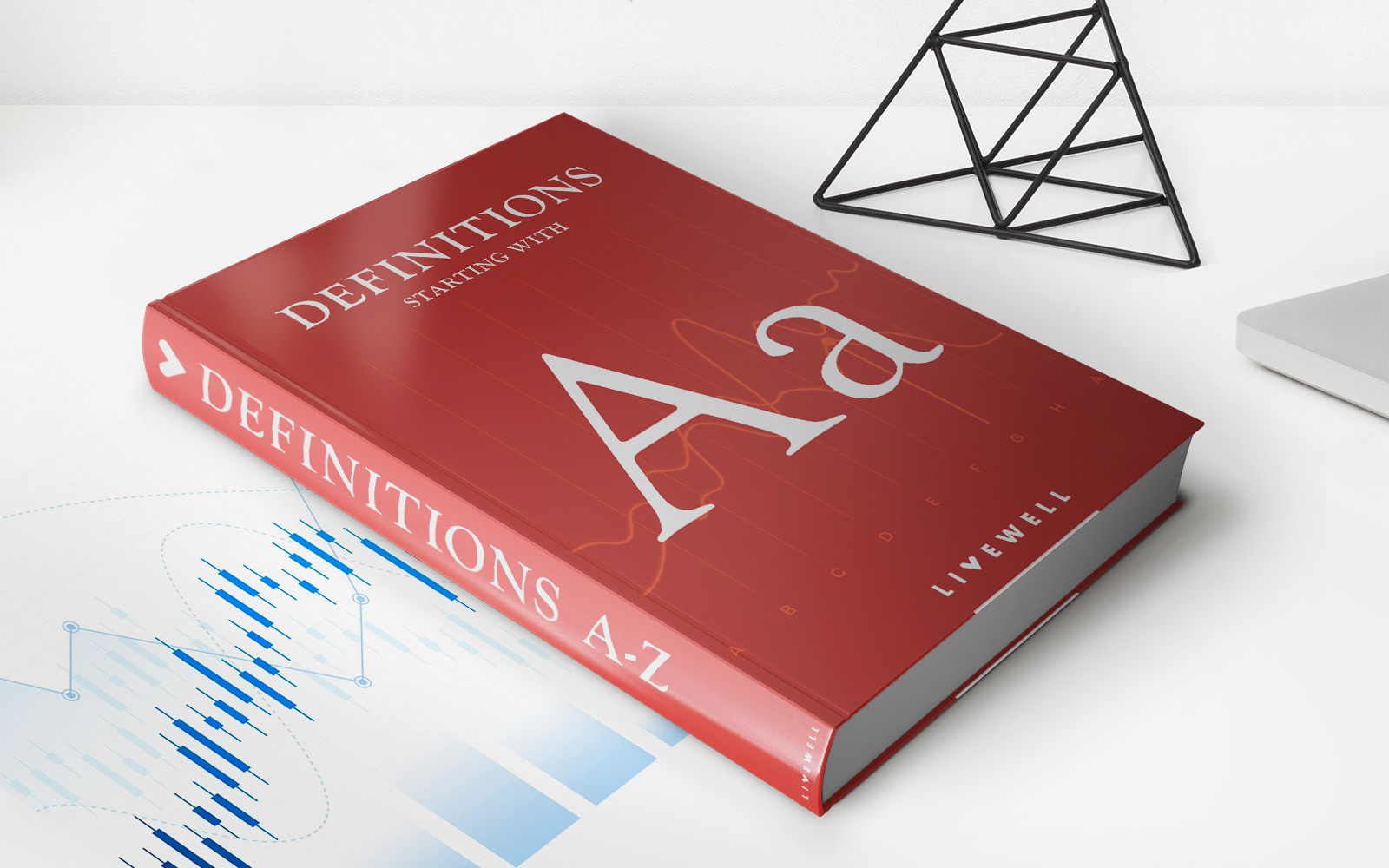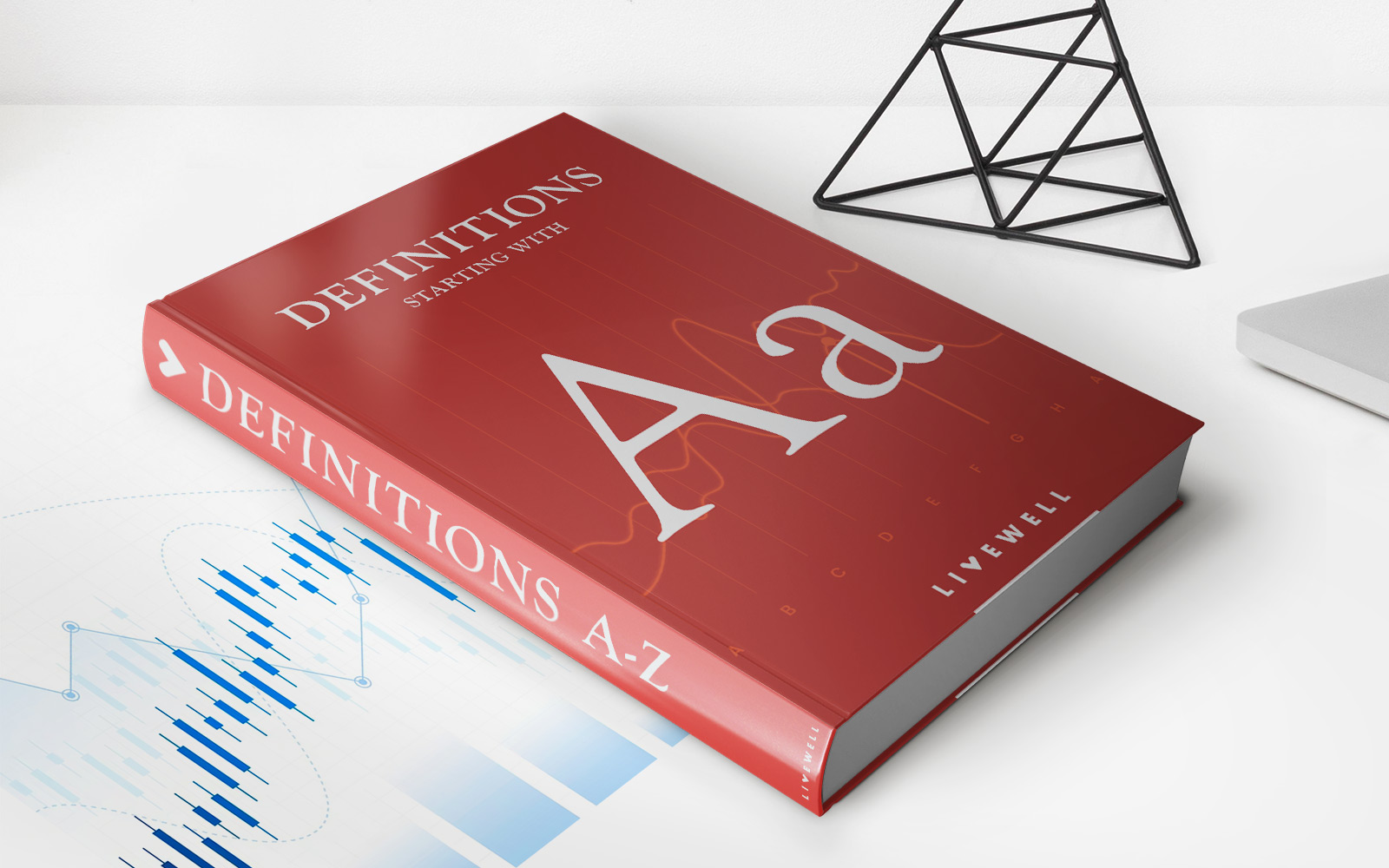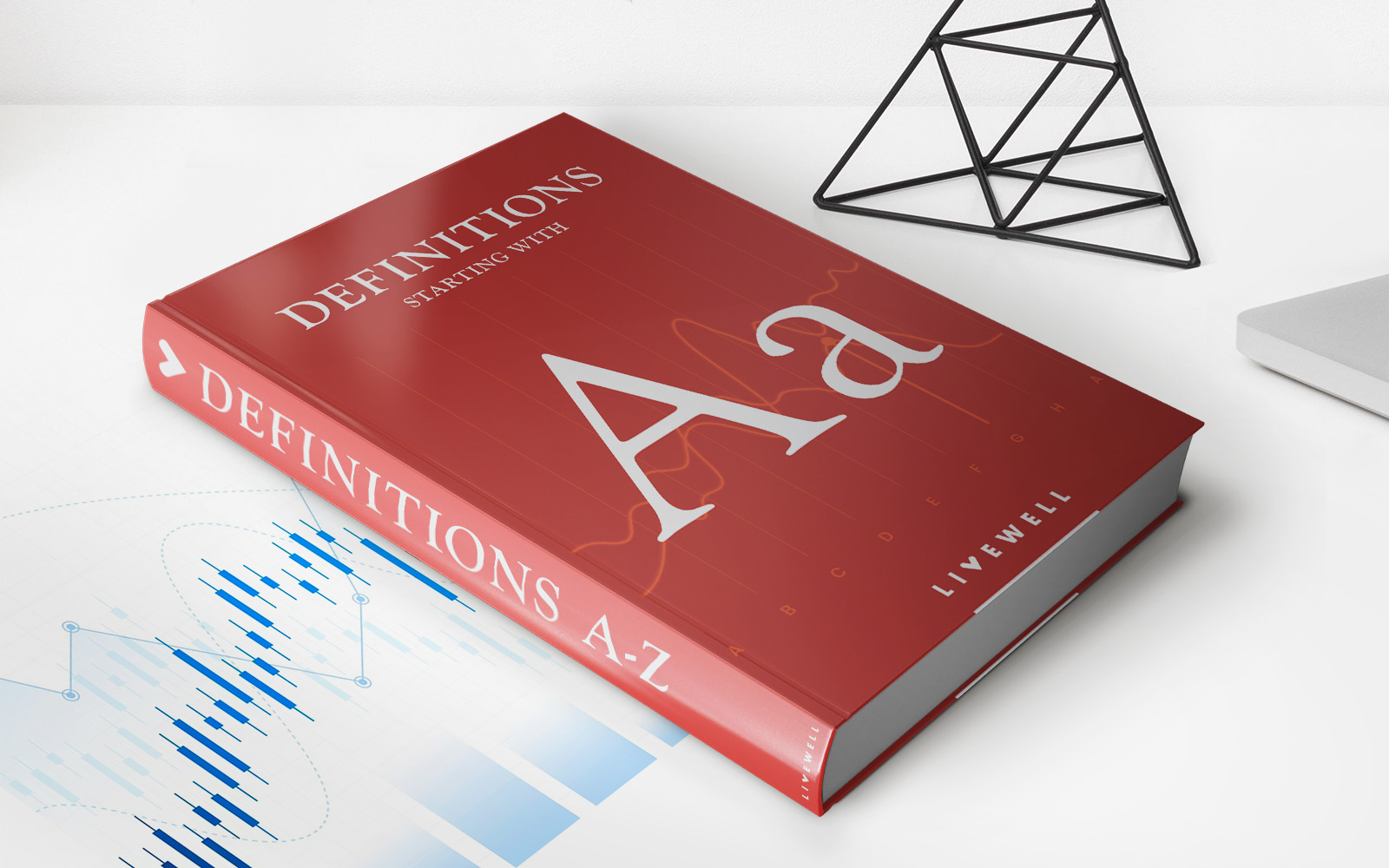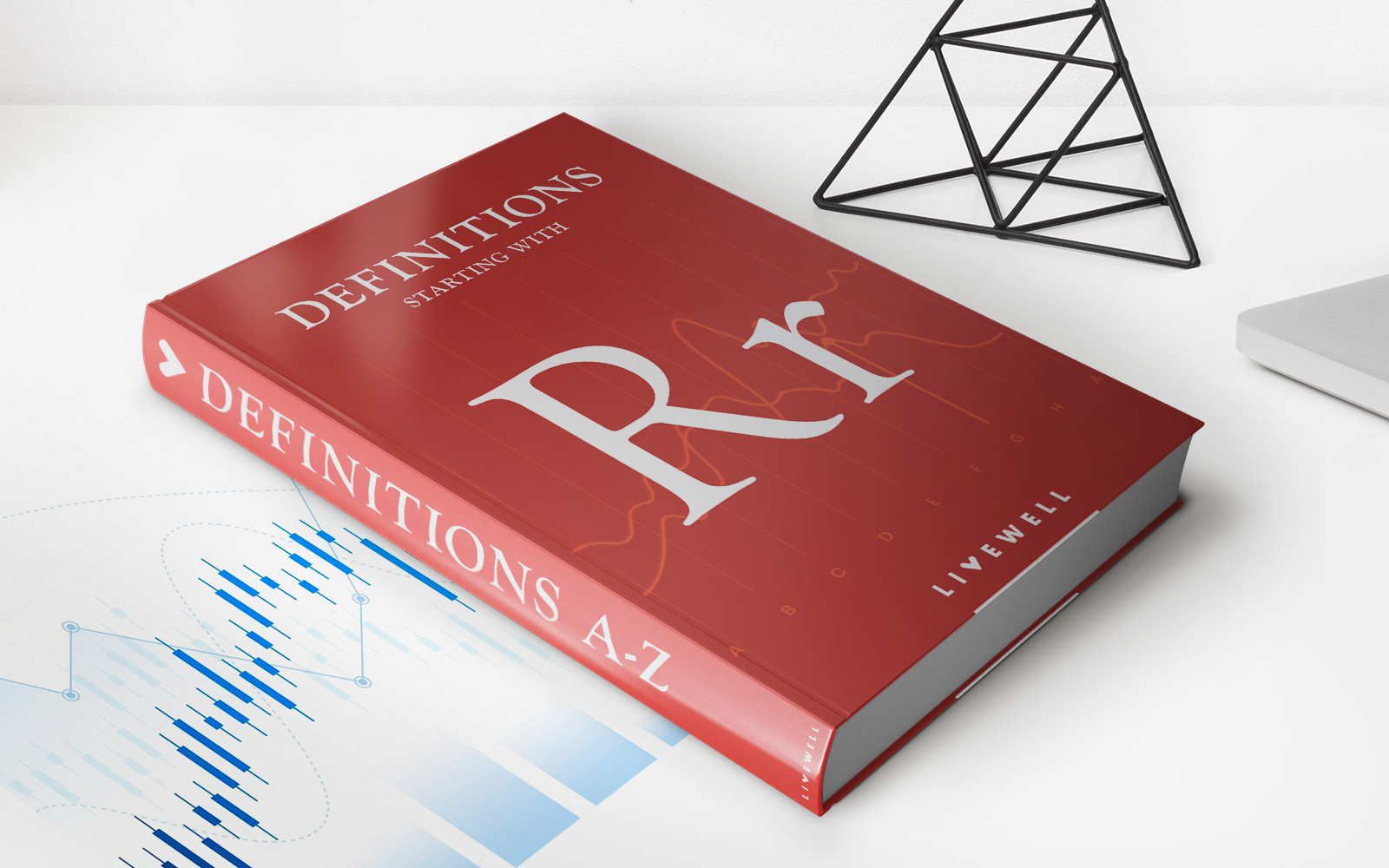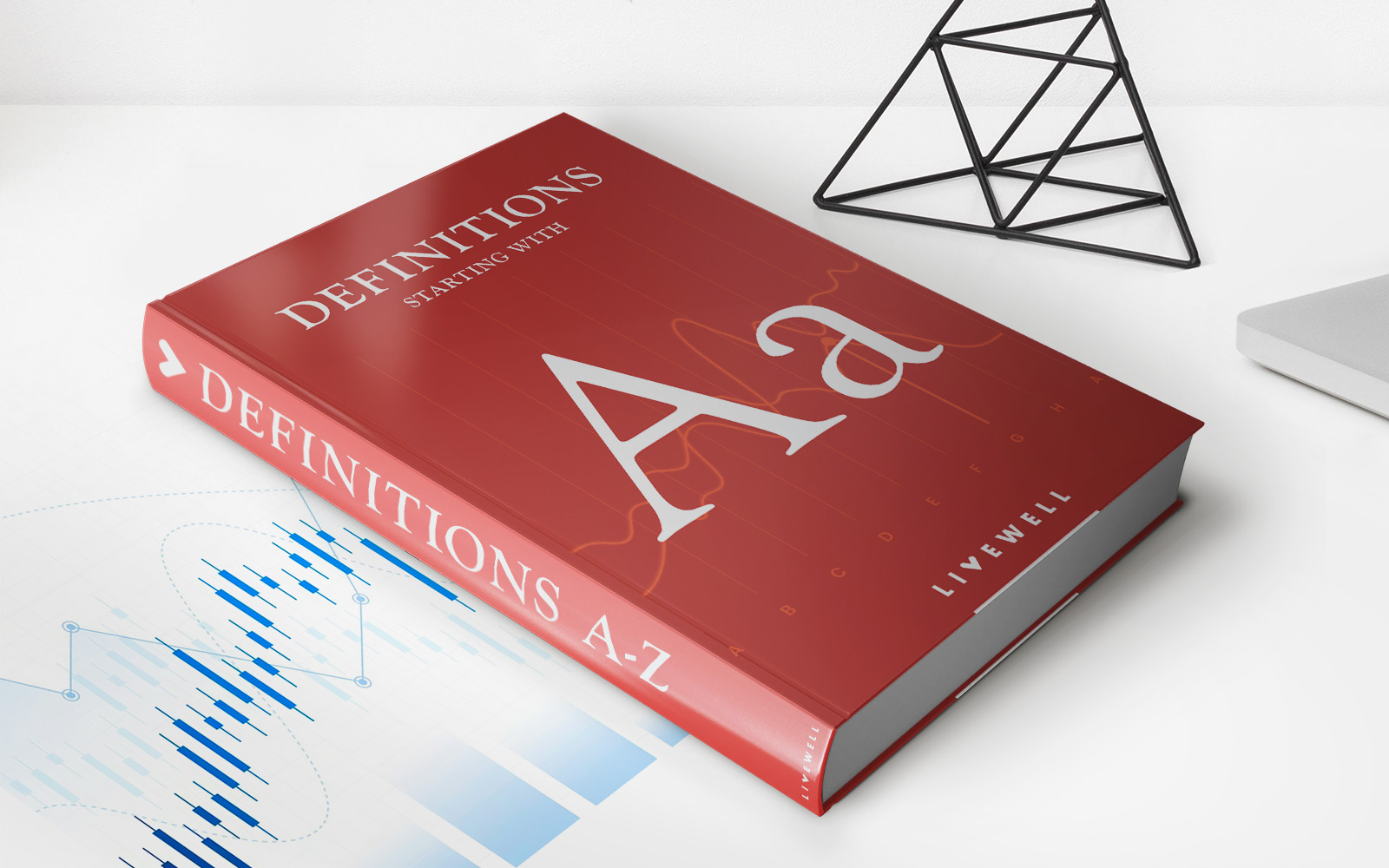

Finance
Auction Rate Definition
Modified: December 30, 2023
Learn what an auction rate is in the world of finance. Understand how auction rates work and their impact on financial markets.
(Many of the links in this article redirect to a specific reviewed product. Your purchase of these products through affiliate links helps to generate commission for LiveWell, at no extra cost. Learn more)
Auction Rate Definition: Everything You Need to Know
Finance can be a complex world, filled with jargon and terms that can leave you scratching your head. One such term that often comes up is “auction rate.” If you’ve ever wondered what auction rates are and how they work, you’ve come to the right place. In this article, we’ll dive deep into the auction rate definition to provide you with a clear understanding of this important financial concept.
Key Takeaways:
- Auction rates are interest rates set through a Dutch auction process.
- These rates are primarily applied to bonds, where investors bid on the interest rate they are willing to receive.
So, what exactly is an auction rate? Auction rates are interest rates that are set through a process known as a Dutch auction. This type of auction involves investors bidding on the interest rate they are willing to receive on a particular instrument, such as bonds. The interest rate that clears the market, satisfying both the buyers and sellers, becomes the auction rate.
But why do auction rates exist in the first place? The auction rate system allows issuers to determine the interest rate for their bonds in a more transparent and market-based manner. This process ensures that the rate is set at a level that attracts investors while also aligning with current market conditions. It provides a fair mechanism for both buyers and sellers to find equilibrium.
The auction rate system predominantly applies to bonds, where investors are looking for a fixed income over a specific period. Many municipal bonds and preferred stock issues utilize auction rates to determine the interest rates that investors receive.
Now that we’ve covered the basics of auction rate definition, let’s delve into some key points to keep in mind:
- The role of brokers: Auction rates are often facilitated by brokers who act as intermediaries between investors and issuers. They help match buyers with sellers and ensure that the auction process runs smoothly.
- The importance of market conditions: Auction rates are influenced by various factors such as supply and demand, credit ratings, and economic conditions. These factors can lead to fluctuations in auction rates.
- Liquidity considerations: While auction rates offer advantages, it’s important to note that they may result in illiquidity. Investors may find it challenging to sell their securities before the next auction, as the market for auction rate securities can be limited.
The auction rate system plays a crucial role in the finance world, providing a fair and transparent mechanism for setting interest rates on bonds. Understanding auction rates can help investors make informed decisions and navigate the complex world of fixed income investments.
In conclusion, auction rates are interest rates set through a Dutch auction process, primarily applied to bonds. They offer a transparent and market-based mechanism for determining interest rates on fixed income securities. With the information and insights provided in this article, you’re now equipped to confidently navigate the world of auction rates and make informed financial decisions.




